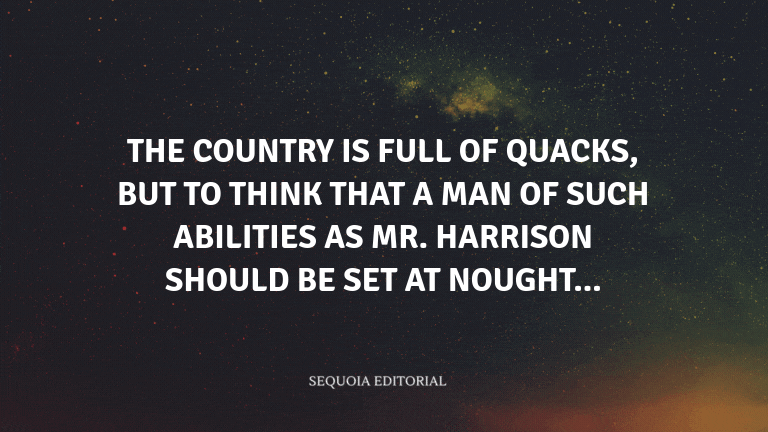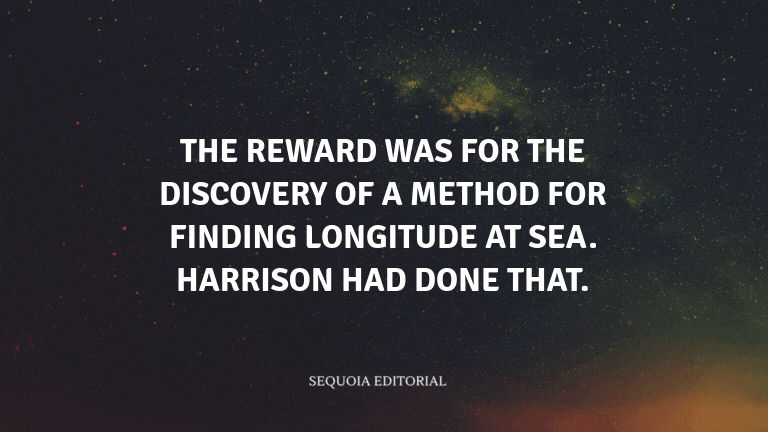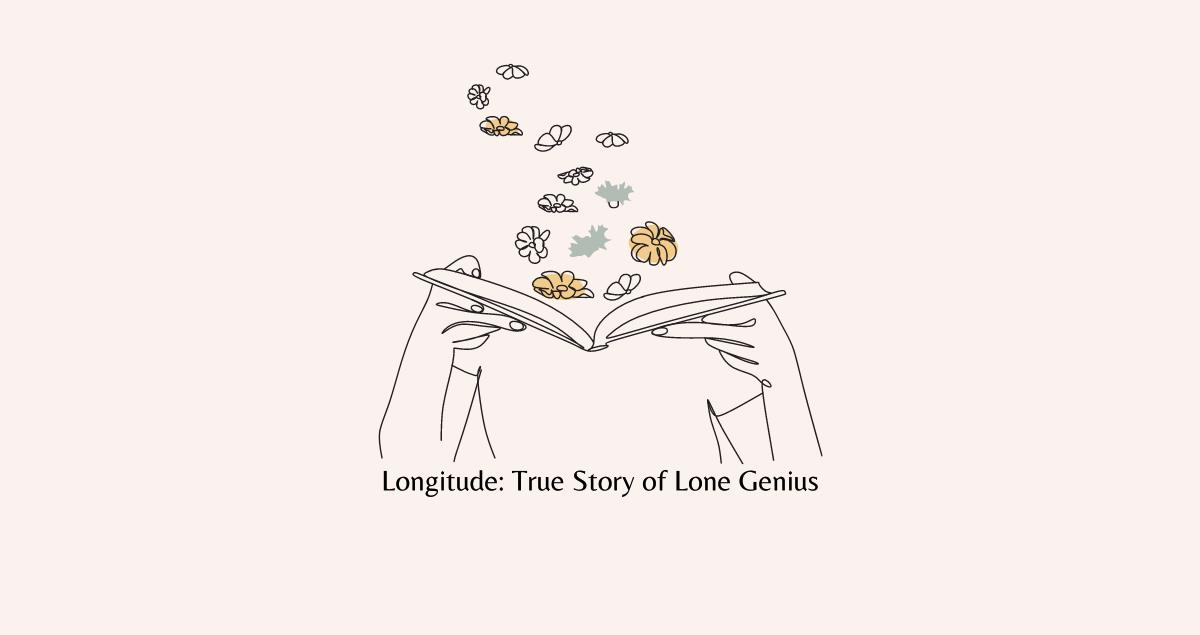Longitude is about the true story of a lone genius, John Harrison, and his quest to solve the navigational problem of determining a ship's position at sea. The book explores the history of the longitude problem, the scientific and political challenges Harrison faced, and his ultimate triumph in creating a reliable marine chronometer.
Table of Content
Longitude: True Story Of Lone Genius Book Summary
John Harrison, a humble carpenter, becomes obsessed with the challenge of determining longitude at sea. He toils over the construction of a marine chronometer, a precise timekeeping device for ships.
Despite skepticism from the scientific community, Harrison's chronometers prove accurate. The Board of Longitude, established by the King, promises a substantial reward for a solution to the longitude problem.
Harrison's rival, Jeremy Thacker, attempts to discredit him. Harrison faces numerous setbacks and financial struggles, as the Board continually requests more tests and improvements.
Undeterred, Harrison refines his design, creating a smaller, more reliable chronometer. The Board, however, is reluctant to acknowledge his success, and Harrison seeks the aid of Joseph Lymington for support.
With Lymington's help, Harrison presents his case to the King. King George III is impressed and orders payment of the prize. Harrison is awarded £8,750, a considerable sum at that time, for his achievements.
Later, Rupert Gould, a naval officer, rediscovers Harrison's timepieces and works tirelessly to restore them. His efforts lead to a renewed interest in Harrison's legacy.
Gould's book, 'The Marine Chronometer,' brings Harrison's work to the public's attention, and Harrison is posthumously recognized as the true pioneer of accurate timekeeping at sea.
The Longitude Act of 1714, which had established the prize, is seen in a new light. The scientific and political issues that hindered Harrison's recognition are acknowledged and serve as a lesson for future endeavors.
The book celebrates Harrison's ingenuity and perseverance, highlighting the impact of his invention on global navigation and maritime history.
Longitude: True Story Of Lone Genius Quotes
- The country is full of quacks, but to think that a man of such abilities as Mr. Harrison should be set at nought...

- The reward was for the discovery of a method for finding longitude at sea. Harrison had done that.

Longitude: True Story Of Lone Genius Ending Explained
At the end of Longitude: True Story Of Lone Genius, John Harrison receives the long-awaited recognition for his groundbreaking work.
Having overcome immense obstacles, both scientific and personal, Harrison's dedication to his marine chronometers is finally rewarded. His legacy is secured when King George III orders the payment of the Longitude Prize, acknowledging Harrison's invaluable contribution to maritime navigation.
The book concludes with the rekindling of interest in Harrison's achievements, as Rupert Gould meticulously restores Harrison's timepieces. The story of John Harrison serves as an inspiration and a testament to the impact of one individual's determination on the course of history.
Characters in book Longitude: True Story Of Lone Genius
- John Harrison: The central character, an English carpenter and clockmaker who devoted his life to solving the longitude problem.
- King George III: The King of England during Harrison's time, whose interest in the problem led to the establishment of the Longitude Prize.
- Rupert Gould: A British naval officer and horologist who, centuries later, restored Harrison's timepieces and brought recognition to Harrison's work.
- Jeremy Thacker: A rival clockmaker whose confrontations with Harrison highlight the challenges Harrison faced from the scientific community.
- Joseph Lymington: An advocate for Harrison's timepieces within the Board of Longitude, who played a significant role in securing Harrison's awards.
- John Campbell: The secretary of the Board of Longitude, whose distrust and skepticism about Harrison's work posed obstacles for the inventor.
Key Lessons
- Perseverance Pays Off: Consistent effort and determination in the face of adversity can lead to significant breakthroughs and success.
- Value of Innovation: The world benefits from individuals who dare to challenge the status quo and develop new, revolutionary solutions to existing problems.
- Seek Recognition Wisely: It is important to advocate for oneself and to seek recognition for accomplishments that have the potential to benefit society.
My Personal Opinion
Is Longitude: True Story Of Lone Genius worth reading? Yes, in my opinion, it is an extraordinary tale of human ingenuity and perseverance that resonates deeply.
I am captivated by John Harrison's steadfast dedication to solving the longitude problem. The book brilliantly showcases the complexities of his journey, from his humble beginnings to the obstacles he faces within the scientific and political establishments. On the downside, the depth of technical detail might be overwhelming for some readers, but it is essential to the story's context and understanding.
I would recommend this book to history enthusiasts, as well as to anyone who appreciates stories of triumph against all odds. It is a fascinating narrative that sheds light on a little-known aspect of history and offers valuable insights into the human capacity for innovation and endurance.

